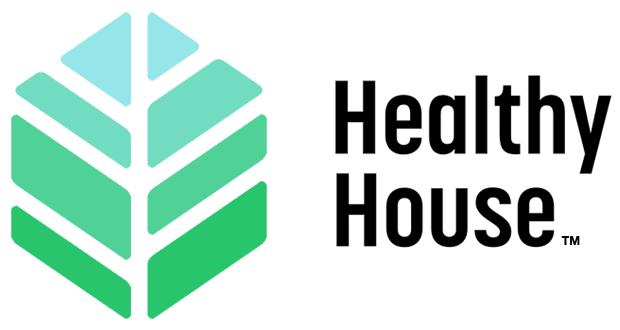Create a nontoxic yard.
Avoid putting toxins on your yard. Your lawn, landscaping, and gardens should be safe and healthy sanctuaries for your enjoyment. These outdoor living spaces should not be posionous.
Many readily available products are full of toxins that can affect the health of you, your family, and pets. These chemicals also cause harm to the earth, our food stream, and wildlife.
Don’t use lawn fertilizers that are advertised to kill insects or weeds.
These fertilizers are full of synthetic chemicals that are designed to KILL. That is what they do — they kill the weeds and insects. These posions could also kill you and that is why these products all have warning labels. But exposure in non-lethal doses, still has health consequences. They are also bad for the environment.
What does a healthy lawn look like to you?
Many people think that a healthy lawn is one that has a single species of grass with no weeds and nicely edged sidewalks. Challenge your preconceived notions because most of these lawns are actually sick. They require being on life support and the continual dumping of nitrogen, pesticides, and herbicides just to keep them green and lush.
But it's been 5 days and it's rained. Isn't it okay to walk on it now?
Waiting until it rains or running the sprinklers after using conventional fertilizers, may help diffuse toxins slightly, but those toxins just don’t disappear. Most of the chemicals stay on the lawn and enter the soil. The remainder gets washed into street drains.
Most of these drains empty into the watersheds that connect to rivers and lakes. This leads to polluted water ways and toxins entering into our food stream. The excess nitrogen dumped into the waterways lead to algae blooms and microbiological dysbiosis. The chemicals also cause mutated species.
Instead embrace ecological diversity.
A healthy lawn is actually one that is biodiverse, including multiple species of grass and plant life. Clover and dandelions can be quite beautiful. It is quite ironic that such nutrient dense and healthy foods like dandelions are considered "weeds".
Having insects in your lawn is actually beneficial. They will help transport nutrients and aerate your root structure. Insects and diverse plant species will bring birds and rabbits to help fertilize your lawn. Birds will help keep insect populations in check. A non-toxic yard will help bee and butterfly populations which are on the decline. Flowering plants in your landscape will support diverse wildlife.
If you endeavor to grow just grass and not "weeds", you can do that naturally too. Your best strategy is to crowd out the weeds. Over seed your lawn with grass seed a few times a season. Raise up your mower height to let the grass glow longer and taller than the other things growing in your lawn.
Use non-toxic nutrients as a fertilizer.
To shift to a natural lawn, you need to give it life again. Apply compost tea to help fertilize the lawn naturally. This will deliver nutrients and return microbes to the lawn. The microbes will help break down the synthetic chemicals in the soil. Apply rock dust and ocean nutrient solution to help mineralize the soil. Create a natural spot-use weed killer solution by combining high strength vinegar, orange oil, soap, and salt.
Compost and avoid biosolids.
Consider making your own soil from kitchen scraps and yard clippings. Create a compost heap or buy a compost tumbler. It is much better to recycle these nutrients than have them dumped into a landfill.
Much of the bagged soil that is sold in stores is not even top soil. Many of these are made from biosolids. Biosolids are sewer sludge. The "biosolids" name was created to make sewer sludge marketable. Sewer sludge as you would guess, is also full of toxins - chemicals, pharmaceuticals, you name it. Biosolids will not only bring toxins to your lawn but harmful bacteria and fungus.
In addition to biosolids, many of these soils are also mixed with commercially created compost from food or yard waste. It is common to find chunks of plastic and trash debris in the bagged soil you buy in the store. There are no quality standards in place for soil. The industry can pretty much bag up almost anything and sell it to you.
Also, consider the natural and organic fertilizers on the market, many of them, like Milorganite, are marketed as organic, but are made from biosolids. There are no organic standards for fertilizers. It is fully legal to market sewage sludge as organic.
If you need to purchase soil or fertilizer, ensure that it is not made from biosolids. OMRI stands for Organic Materials Review Institute. Look for an OMRI label on products you buy. The OMRI approval standard does not allow for biosolids.
With food, look to buy certified organic. Certified organic is not supposed to be grown in biosolids.
Consider ditching your lawn.
Lawns are very resource intensive. Lawns need to be watered and need to be mowed. They require a considerable amount of time if you are trying to keep up with the Joneses.
If your feeling really ambitious, consider replacing your lawn with a permaculture landscape. Permaculture landscapes are natural food gardens that are abundant and low-resource systems. An edible garden is the ultimate way to create a healthy yard.

